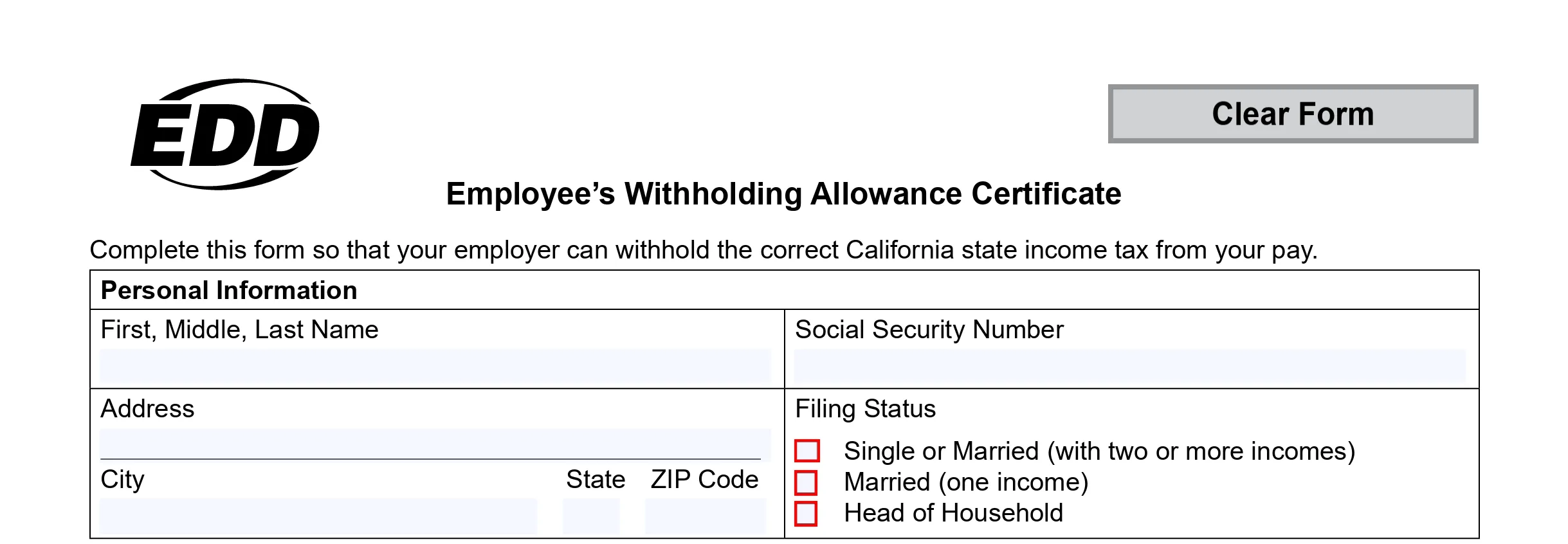How to Choose the Best Bookkeeping Software for Your Law Firm

Managing a law firm’s financial operations is a task that requires precision, compliance, and efficiency. The right bookkeeping software can make a world of difference in ensuring that these goals are met. With trust accounts (IOLTA), case management, and compliance needs, choosing the best software tailored to your law firm is essential. In this guide, we will compare some of the best accounting and bookkeeping software solutions available for law firms, including Clio, TrustBooks, and QuickBooks. We’ll assess them based on ease of use, integration with case management tools, and other key features.
1. Clio
Clio is one of the most popular software options for law firms, offering a robust suite of case management, billing, and accounting features. Its cloud-based platform provides easy access to your firm’s finances and cases anywhere, anytime.
• Trust Accounting: Clio has built-in features to help manage client trust accounts (IOLTA), ensuring compliance with legal regulations. You can track funds easily and avoid the common mistakes that lead to compliance issues.
• Integration with Legal Tools: Clio integrates with various legal practice management tools, such as case management and time tracking.
• Ease of Use: The interface is user-friendly and designed specifically for law professionals, making it intuitive even for those with minimal financial experience.
Best for: Law firms looking for an all-in-one solution for case management and bookkeeping, particularly for managing trust accounts.
2. TrustBooks
TrustBooks is designed exclusively for managing client trust accounts, making it an ideal choice for small to mid-sized law firms that need a specialized tool for trust accounting.
• Trust Accounting: This platform excels in handling trust accounts, making it easier to track client funds, reconcile accounts, and ensure compliance with state bar regulations.
• Integration with QuickBooks: If you use QuickBooks for other business accounting, TrustBooks integrates well, offering a streamlined solution for handling both general business and trust accounting.
• Ease of Use: Its simplicity makes it a great option for firms that don’t need a full suite of accounting tools but need reliable, specialized trust accounting.
Best for: Law firms that need a specific, streamlined tool for managing client trust accounts.
3. QuickBooks
While not designed specifically for law firms, QuickBooks is a widely-used accounting software with strong customization options. It’s versatile and powerful for general business accounting needs, but with the right configuration, it can also manage a law firm’s finances effectively.
• Trust Accounting: Though not natively designed for trust accounting, QuickBooks can be set up to manage trust accounts with some customization. This makes it a good option for firms that already use QuickBooks for their general accounting needs.
• Integration with Case Management Tools: QuickBooks integrates with several legal-specific tools, providing law firms with the ability to track both case information and financial data seamlessly.
• Ease of Use: QuickBooks offers many tutorials and an intuitive dashboard, but it may require more configuration to cater to the specific needs of law firms.
Best for: Law firms that are already using QuickBooks for general accounting or firms that want customizable accounting software.

Key Features to Consider When Choosing Software
1. Trust Account Management: For law firms, managing trust accounts (IOLTA) is non-negotiable. The best software for your firm should include built-in tools for tracking and reconciling trust funds accurately.
2. Integration with Case Management: Ensure the software integrates with your firm’s existing legal practice management tools. This integration will help streamline tasks like billing, time tracking, and case-related expenses.
3. Compliance: The right bookkeeping software for your firm should help ensure compliance with legal regulations, especially in regard to trust accounts and client funds.
4. Scalability: As your law firm grows, so should your software’s capacity. Opt for software that can scale with your business needs.
Conclusion
Choosing the right bookkeeping software for your law firm can streamline operations, improve compliance, and save time. Whether you choose Clio for its all-in-one solution, TrustBooks for specialized trust accounting, or QuickBooks for its versatility, the right tool depends on your firm’s unique needs. With proper software, you can focus on what matters most: providing excellent legal services to your clients.
Disclaimer: This blog is for informational purposes only and should not be considered tax advice. Consult with a qualified tax professional or advisor for personalized guidance based on your specific situation.
Reach out to us today at [email protected], and let's work together to optimize your tax situation and financial well-being. Your journey towards a more tax-efficient future starts here.



